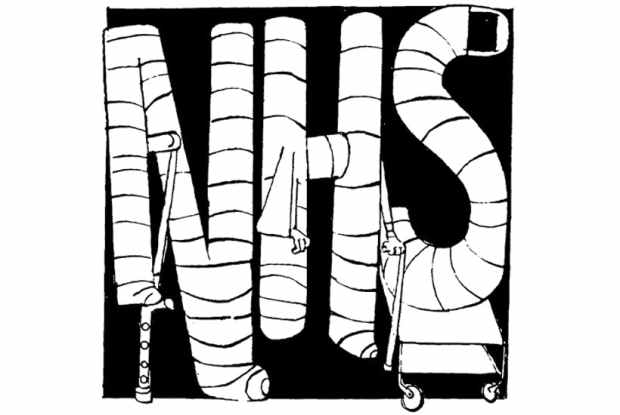Ministers have described the deal on GP contracts, negotiated by the government and the British Medical Association (BMA), as a return to the days when GPs were family doctors. Certainly, it is a step in that direction. The contract, which will come into force next April, revives the personal link between doctor and patients aged 75 or over, and makes GPs responsible for out of hours care. The Department of Health says that GPs will also be:
- offering patients same-day telephone consultations;
- offering paramedics, A&E doctors and care homes a dedicated telephone line so they can advise on treatment;
- coordinating care for elderly patients discharged from A&E;
- regularly reviewing emergency admissions from care homes to avoid unnecessary call-outs in future; and
- monitoring and reporting on the quality of out-of-hours care.
The contract has also burnt a significant amount of red tape in GPs’ surgeries by transferring £290m from box-ticking to essential services. Jeremy Hunt and the BMA believe that it’s important to maximise GPs’ time and resources for the benefit of patients rather than bureaucrats; no longer will have you to answer questions about alcohol intake and erectile dysfunction unless they are relevant.
Hunt, who has been a ubiquitous presence across the airwaves this morning, says that the contract will go some way to relieving pressure on A&E departments by reducing admissions. Hunt shares the view of NHS Medical Director Sir Bruce Keogh that patients return to A&E because there is inadequate care in communities. The departmental press release on the new contract notes: ‘Out of five million emergency admissions last year, one third were people over 75, and more than one million could have been avoided.’ This is why the new contract has been limited to the most vulnerable people in society.
Labour’s Andy Burnham welcomes the reforms but warns that the government must go further. He said, ‘This announcement will not put an end to patients phoning the surgery at 9am and finding it impossible to get an appointment – many of whom, not happy with a phone consultation, will still turn to A&E.’ Burnham has reiterated his opinion that the pressure on the health service will not ease until social care and health care have been integrated.
The BMA, which is not given to lending its support this government, is providing mixed messages about a contract that it has negotiated. There is disagreement within the organisation about the effect of the 2004 GPs’ contract, which Mr Hunt believes to be responsible for many of the NHS’s present difficulties. Dr Chaand Nagpaul, Chairman of the BMA’s GP committee, has said:
‘The 2004 contract brought unprecedented bureaucracy and chasing of targets and box-ticking. We have removed a swathe of targets: what this is doing is giving GPs time – time to care. Doctors will be able to look at the patient in front of them, not the computer screen.’
Meanwhile, Dr Richard Vautrey, deputy chair of the British Medical Association’s GP committee, said: ‘There’s no link between contract changes in 2004 and what we now see in A&E… The reality is that the changes happened in the last few years with the most significant concerns to practices relating to recent contracts.’
Both men’s statements are, of course, true. There is little doubt that the Lansley reforms deepened pre-existing concerns about red tape in the NHS following the 2004 contract. There are, however, no prizes for guessing which of these two men was quoted as the authority by the Today programme this morning.






Comments